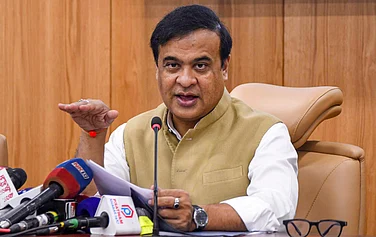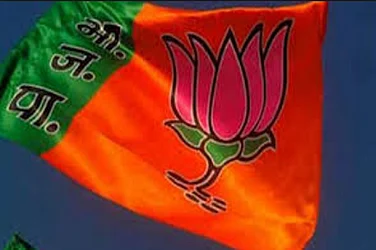When M.G. Ramachandran suddenly swooned during a function at the Thanjavur Big Temple in September 1984, the first question his health minister H.V. Hande asked the chief minister’s personal physician was about the last time MGR got his blood-sugar tested.
At this, the competent P. R. Subramaniam, who was MGR’s family physician for decades since his film days, “simply threw up his hands and cried that MGR would simply refuse to give a blood sample leave alone undergoing a comprehensive medical check-up”, recalls Hande. “We knew that he was diabetic, but MGR felt that as long as he stayed fit with exercises he could eat whatever he liked.”
MGR did undergo blood tests after the Thanjavur episode. The results revealed that diabetes had badly scoured his kidneys, and his creatinine and urea levels had shot up to alarming levels. Barely a month later, he was hospitalised with failed kidneys that necessitated a transplant, which was done in the US. The entire episode only proved that having a personal physician alone won’t suffice if you failed to follow the expert’s advice. The actor-turned-politician, who had founded the AIADMK, died on the Christmas-eve of 1987, aged 70.
MGR had his chief political rival in M. Karunanidhi. The DMK veteran is now 93. His longevity is not just a magic of family DNA, but because the leader seldom wavered from the advice of his personal physician K. Gopal. Till Karunanidhi got confined to his wheelchair, he used to go for morning walks and also do yoga under a master. “Whether it is election campaign or official tours, thaatha (grandpa) insisted that Dr Gopal accompany him,” points out Karunanidhi’s grandnephew Dayanidhi Maran, an ex-minister. “If the doctor’s shadow hovered around the doorway, he would call off meetings and go for his BP test and retire.”

According to a senior doctor who had briefly treated AIADMK’s J Jayalalitha, she too had a set of personal physicians such as Dr Krishnaswamy (diabetologist), and Dr N. Rangabashyam (gastro) . But as the family of V.K. Sasikala, as a close aid of Jayalalitha, took greater control of Amma’s matters, even these trusted doctors found themselves firewalled. “A veteran like Dr Krishnaswamy would have insisted that Jayalalitha take insulin shots to control her sugar rather than play on her antipathy to injections to prescribe tablets,” says the senior doctor. “Instead, doctors in Sasikala’s family rarely stopped her from having a go at ice creams and chocolates.”
Jayalalitha had, in 2015, on the advice of a friend, consulted an acupuncture specialist, who brought down her sugar level. Suddenly even this treatment was stopped, after which there was perceptible drop in her health. Jayalalitha could barely walk; she wore a gaunt tired look. She restricted her public appearances and many were cancelled at the last minute owing to poor health. The AIADMK supremo’s 2016 election campaign was abbreviated into less than a dozen public meetings, where she made brief speeches on the air-conditioned stage.
Such episodes raise a question: should constitutional figures have mandatory and periodical health check-ups like their counterparts in the US? In India, the President and prime minister undergo regular medical screening. “Similarly every chief minister must have a health check-up and should be examined by a panel of specialists at least once a year,” says Tamil Nadu BJP president Thamilisai Soundararajan. “This will put an end to whims of family members playing havoc with a chief minister’s health like it did in Jayalalitha’s case.”
By G.C. Shekhar in Chennai


























